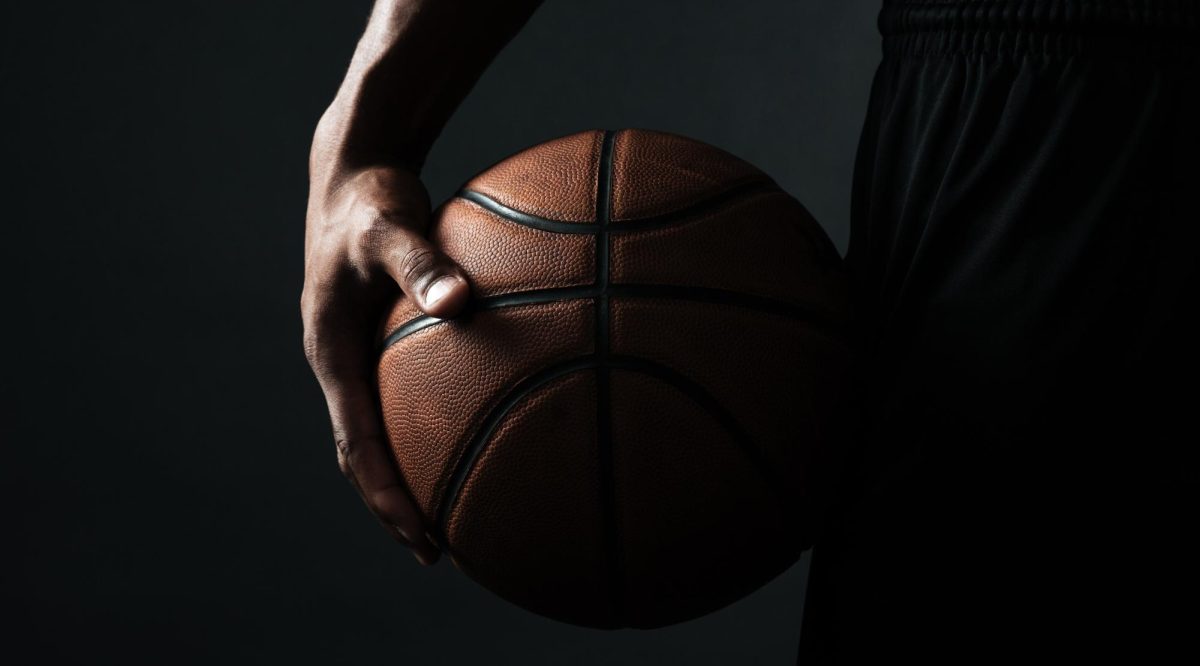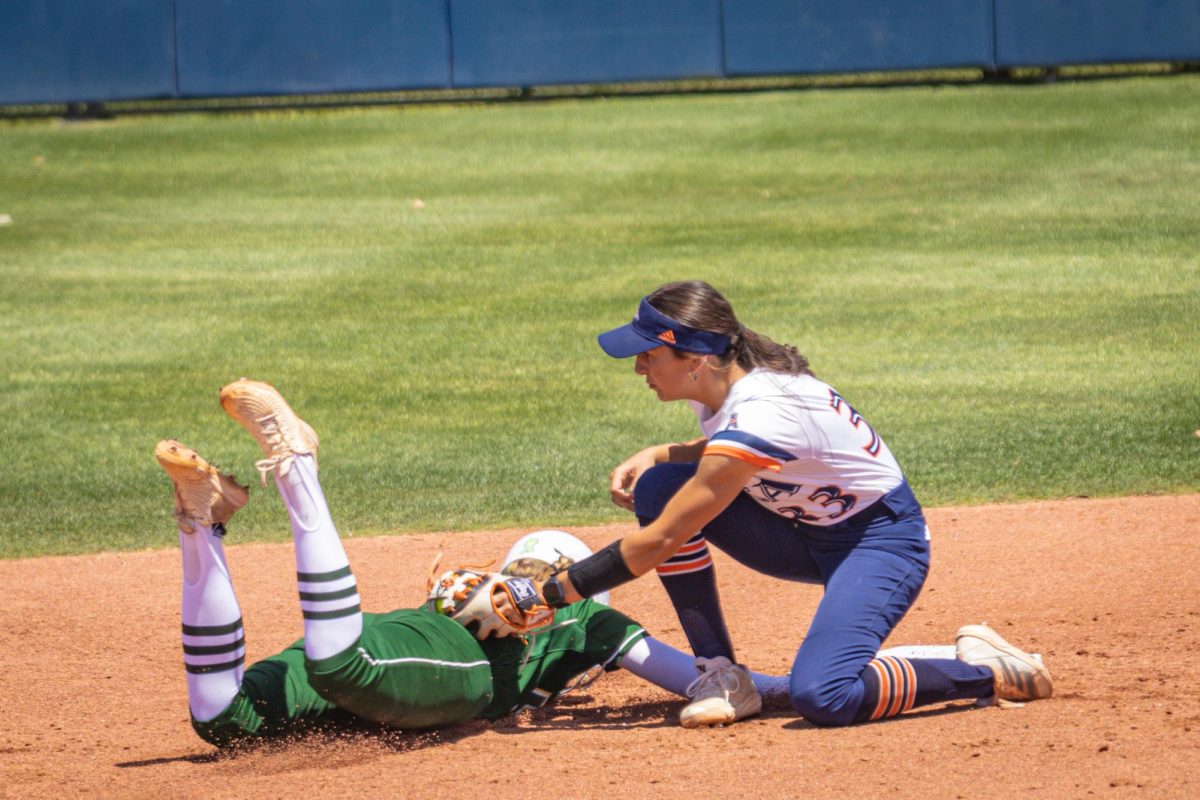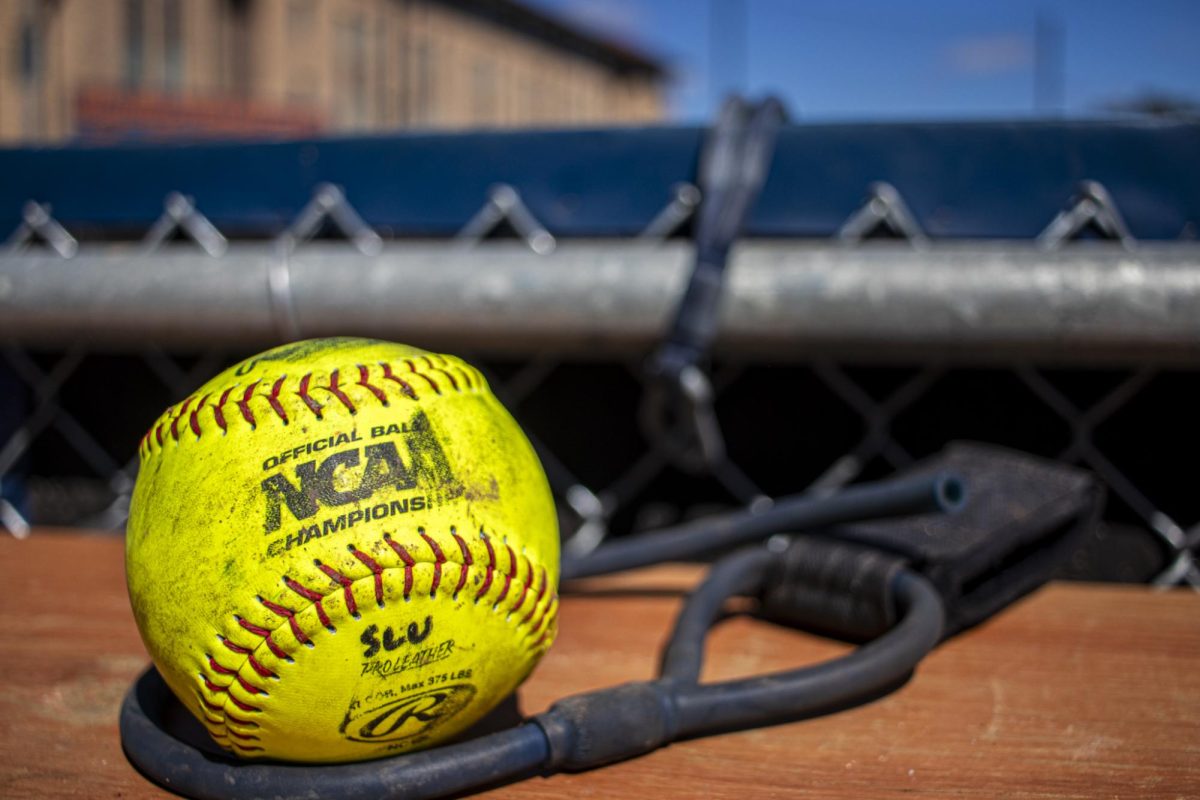In the realm of professional sports, the dialogue surrounding athletes often transcends performance metrics, embedding itself into societal norms and gender perceptions. NBA on TNT commentator Kenny Smith’s recent comments regarding Sabrina Ionescu’s participation in an NBA 3-point shooting contest against Stephen Curry during the NBA All-Star Weekend has ignited a conversation about the representation of female athletes in media. While Smith has since addressed the backlash, claiming his comments were misinterpreted and advocating for equality, the incident sheds light on deeper issues within sports commentary and the perception of female athletes.
Smith’s suggestion that Ionescu, an accomplished guard for the New York Liberty, should have shot from the closer WNBA distance, seemingly to level the playing field with Curry. This belies a subtle yet profound underestimation of her capabilities and, by extension, those of her peers in the WNBA. This perspective not only undermines Ionescu’s capabilities but also perpetuates a narrative wherein women’s sports are viewed through a lens of inherent inferiority — a viewpoint both archaic and misaligned with the current landscape of competitive sports.
The backlash against Smith’s comments is not only a reaction to a singular misstep but a collective call to action against the diminutive framing of women’s sports achievements. It illustrates a broader societal shift towards recognizing and celebrating female athletes, not as secondary to their male counterparts, but as equals, meriting the same respect, coverage and admiration. The incident, therefore, serves as a reminder of the ongoing struggle for equality in sports media — a domain where words wield the power to shape perceptions and, consequently, realities.
Ionescu’s performance, marked by scoring an impressive 26 points, exemplifies the caliber of talent within the WNBA, a league that continues to break boundaries and challenge stereotypes every year. The narrative surrounding such an event should not be marred by notions of gendered capability but should instead celebrate the strides made towards inclusivity and recognition in sports. Smith’s comments, unfortunately, detracted from this narrative, casting a shadow over what should have been a moment of recognition and progress.
Moreover, Smith’s attempt to justify his remarks by dismissing the uproar as an overreaction on social media and asserting that his advocacy was misconstrued misses the core of the issue. It’s not solely about the intent behind the words but their impact — how they contribute to an ongoing dialogue that either uplifts or undermines. The discourse surrounding female athletes and their achievements should not be conditional or comparative but rather an acknowledgment of their value and contribution to the sport.
The evolution of women’s basketball, spearheaded by players like Ionescu, is a story of shattering glass ceilings, redefining norms and inspiring future generations to pursue greatness without the caveat of gender limitations. This journey deserves to be chronicled with respect and accuracy, free from the constraints of outdated stereotypes or diminishing comparisons.
This evolution brings to the forefront the importance of visibility and representation for female athletes. It’s a call for the media, sponsors and sports institutions to elevate women’s sports, providing them with the platform and recognition they deserve. The commercial success and growing fanbase of the WNBA are a testament to the public’s interest and investment in women’s basketball. Yet, incidents like Smith’s comments reveal there is still work to be done to dismantle the biases that hinder full appreciation and acknowledgment of women’s sports.
The controversy surrounding Smith’s comments on Ionescu serves as a pivotal moment for introspection and action within the world of sports media and beyond. It’s an opportunity to reaffirm our commitment to equality, to celebrate the achievements of female athletes and to push for a future where sports are truly inclusive. By embracing this challenge, we can ensure that the legacy of athletes like Ionescu is not defined by moments of controversy, but by the barriers they break and the paths they pave for the generations to come.









